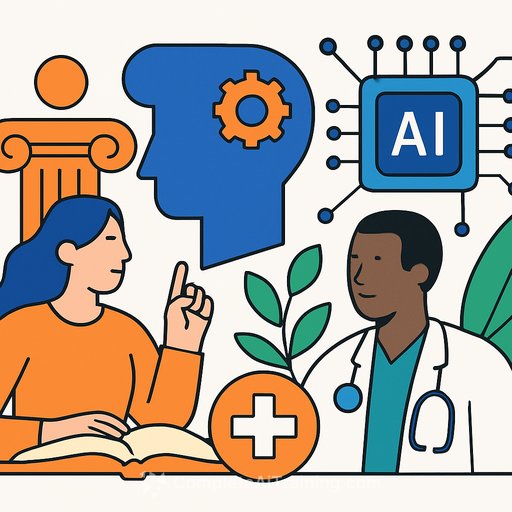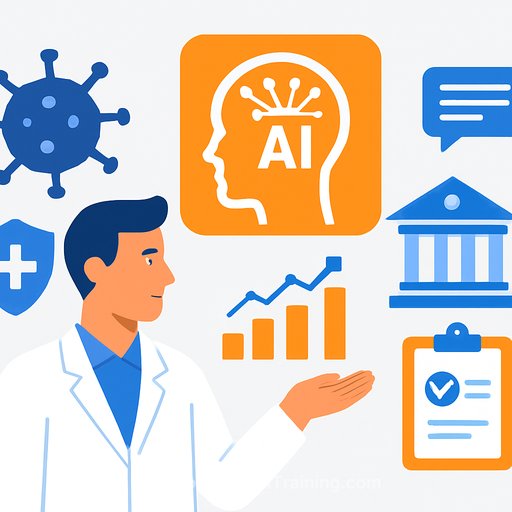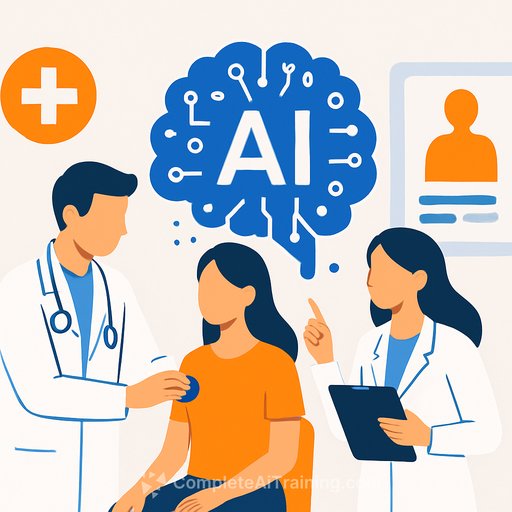Rice and Baylor Launch Center to Integrate Humanities into Health AI
Rice University and Baylor College of Medicine in Houston are joining forces to create the Center for Humanities-based Health AI Innovation (CHHAIN). Supported by a $500,000 grant from the National Endowment for the Humanities (NEH), this three-year project will embed humanities research into the development of trustworthy artificial intelligence (AI) for healthcare.
CHHAIN will be housed in Rice’s Medical Humanities Research Institute (MHRI) at Helix Park and co-led by Dr. Vasiliki Rahimzadeh from Baylor’s Center for Medical Ethics and Health Policy, and Dr. Kirsten Ostherr from Rice’s MHRI. Their team will include scholars in medical humanities and bioethics, along with partners from the Houston area.
Center’s Focus on Trustworthy Health AI
The center aims to place ethics, history, and patient narratives at the core of health AI innovation. According to Dr. Rahimzadeh, ensuring AI respects patient autonomy, serves underserved communities, and fits into clinical care is essential for building patient trust and improving outcomes.
CHHAIN will:
- Explore what makes AI trustworthy through patient perspectives
- Translate humanities insights directly into clinical AI applications
- Engage the public and influence policy related to health AI
Collaborations and Early Support
The project benefits from prior pilot funding from Baylor’s Alkek Department of Medicine and Rice’s Provost’s TMC Collaborator Fund. It will also collaborate with Rice’s Baker Institute for Public Policy and the Meadows Mental Health Policy Institute to extend its impact into public engagement and policymaking.
Placing Humanities at the Heart of Health AI
Dr. Ostherr highlights that CHHAIN offers a space where humanities scholars, patients, AI developers, and clinicians can collaborate. The goal is to ensure AI development reflects the human experience—trust, narrative, and lived experience—elements often overlooked in technology design.
By advancing humanities research and applying its lessons to clinical and policy settings, CHHAIN intends to create a national model for ethical, inclusive, and patient-centered health AI.
Healthcare professionals interested in how AI can be responsibly integrated into clinical practice may find it valuable to explore related educational resources and training. For comprehensive courses on AI in healthcare and ethics, visit Complete AI Training.
Your membership also unlocks:






